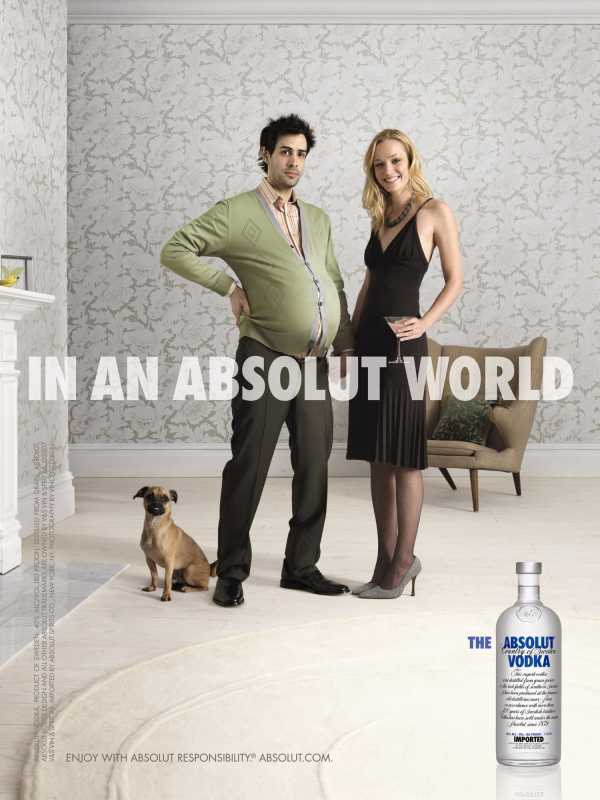 |
| Famous actor Jim Carey sports one piece suit on the beach |
How the Media failed women in 2013 video
 |
| Vodka ad which displays a man being pregnant instead of the woman |
 |
| Men posing as women would in ads. |
Resources/Works Cited -
1. Kilbourne, Jean. "Beauty and the Beast of Advertising." Media & Values 1989: 121-25. Print.
2. Wolf, Naomi. The Beauty Myth: How Images of Beauty Are Used against Women. New York: W. Morrow, 1991. 59. Print.
3. Steinem, Gloria. Sex, Lies and Advertising. 1990. Print.
4. Bahadur, Nina. "The Flip Side: Video Shows What Happens When Men And Women Switch Roles." The Huffington Post. TheHuffingtonPost.com, n.d. Web. 21 May 2015. <http://www.huffingtonpost.com/2012/11/30/flip-side-video_n_2220370.html>.
5. Welsh, Caitlin. "Is Gender-Flipping the Most Important MEME Ever?" Http://www.junkee.com. N.p., 18 July 2013. Web. <http://junkee.com/flip-it-and-reverse-it-how-to-fight-the-gender-wars/15081>.
6. Lewis, Mike P. "Mr. & Mrs. Smith and Hollywood's Gender Role Reversal." Loome RSS. N.p., 26 Aug. 2006. Web. <http://loo.me/2006/08/mr-mrs-smith-and-hollywoods-gender-role-reversal/>.
7. Grinberg, Emanuella. "Flipping Gender Roles, from 'Ghostbusters' to 'Scarface''" CNN. Cable News Network, 21 Oct. 2014. Web.<http://www.cnn.com/2014/10/21/showbiz/hollywood-gender-cast-ghostbusters/>.
8. Reporter, DailyMail. "'Let Me Buy You Boys a Drink': Hilarious Role Reversal Video Shows What Happens When Women Try Typical Male Chat up Lines." Daily Mail. Associated Newspapers, 18 Dec. 2012. Web. <http://www.dailymail.co.uk/femail/article-2246390/Hilarious-role-reversal-video-shows-happens-women-try-typical-male-chat-lines.html>.
9. Hess, Amanda. "Gender Role Reversal in Music Videos Can Only Be Achieved By Objectifying Women." Slate. N.p., 28 July 2014. Web. <http://www.slate.com/blogs/xx_factor/2014/07/28/maddie_tae_girl_in_a_country_song_video_gender_reversal_in_music_videos.html>.
10. How the Media Failed Women in 2013. Dir. The Representation Project. How the Media Fail Women in 2013. YouTube, 3 Dec. 2013. Web. <https://www.youtube.com/watch?v=NswJ4kO9uHc>.




